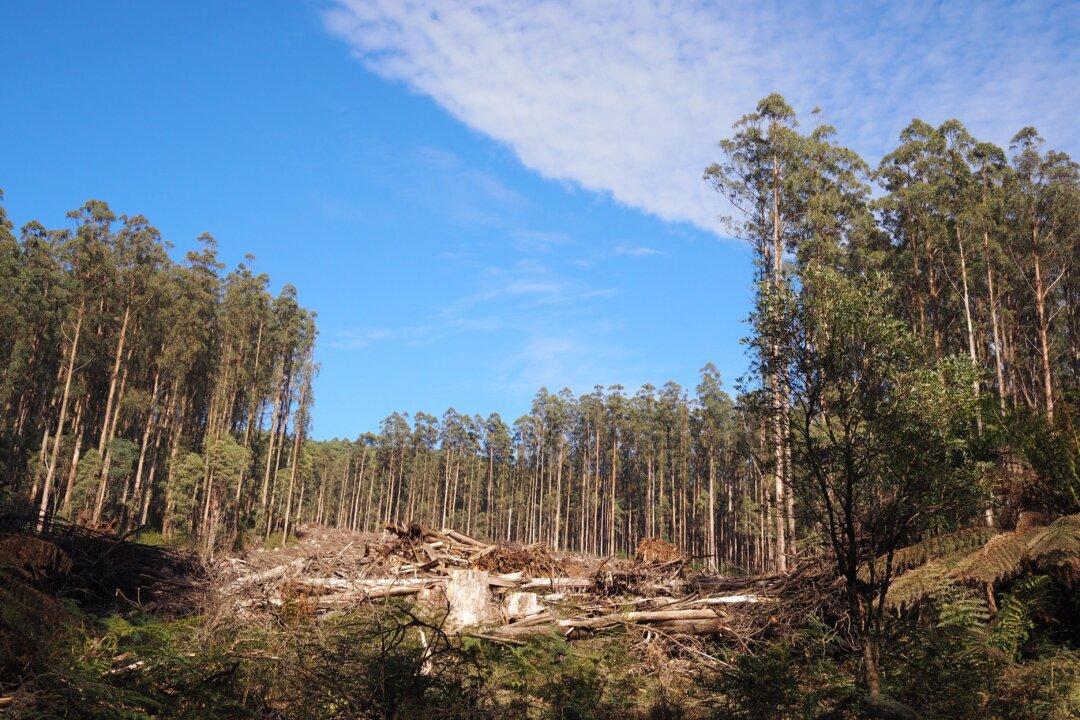Paper could be in short supply in Australia after a court order handed down last week to protect sugar gliders could end up forcing the Maryvale Paper Mill into cutting its operations.
The Mill, owned by Opal Australia, employs over 800 people and is expected to run out of hardwood, the main ingredient for white paper by mid-December, according to the Australian Broadcasting Corporation (ABC).





